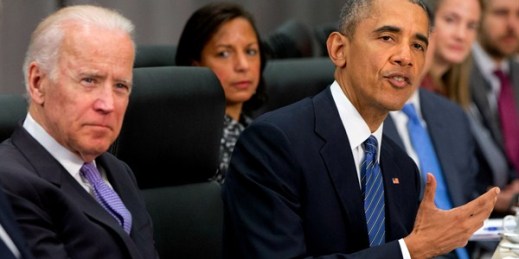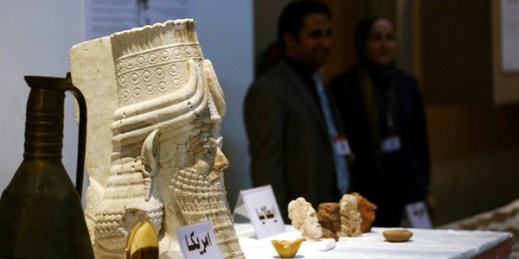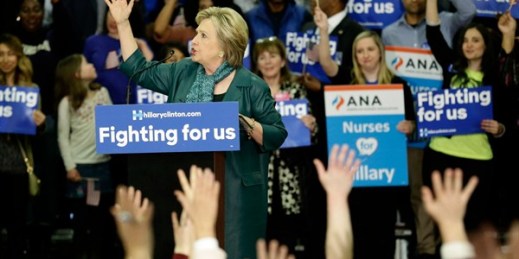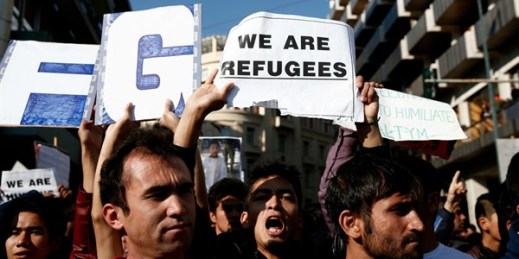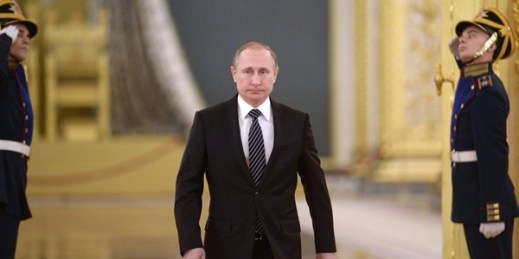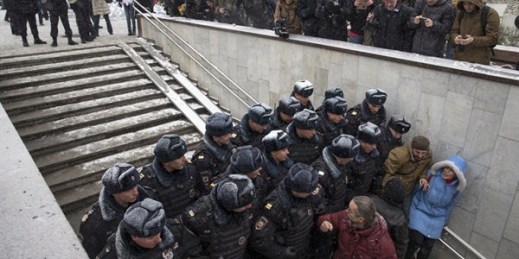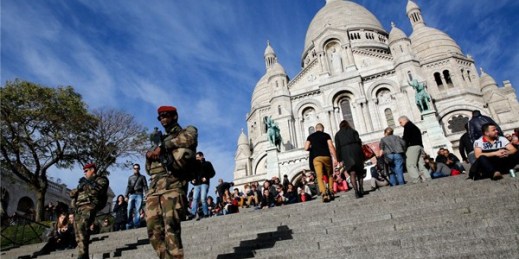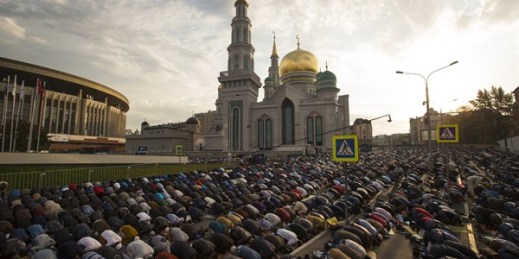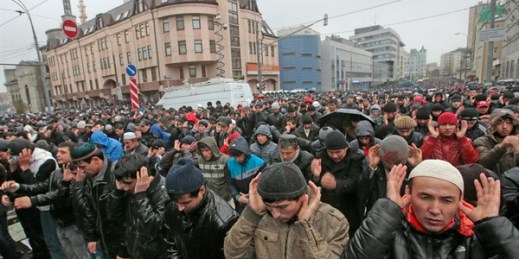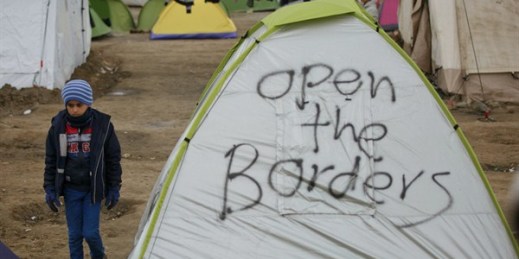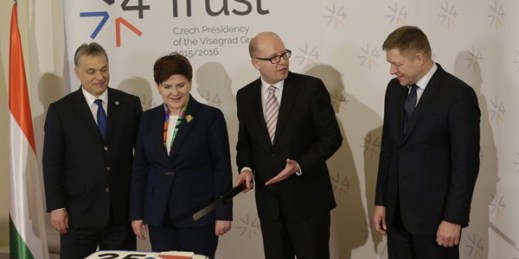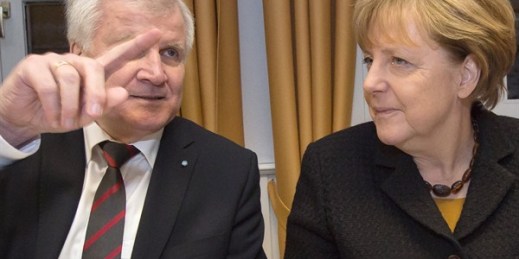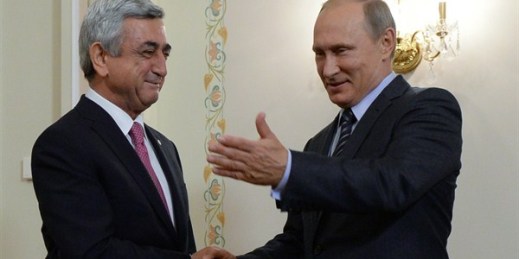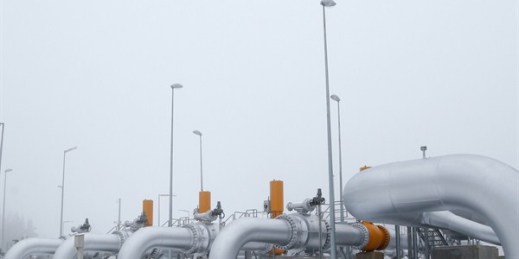
The uneasy mutual dependence between Russia and the European Union’s energy sector is well documented. With some EU member states relying on Russia for up to 90 percent of their energy needs, Brussels has long wanted to remedy the situation by diversifying the sources of oil and gas shipped into EU borders. These efforts intensified after Russia spooked the continent in 2006 and 2009 by cutting off natural gas supplies to Ukraine over a pricing dispute, leading to gas shortages in parts of Europe during the dead of winter. Since then the EU has invested in infrastructure to link so-called […]

